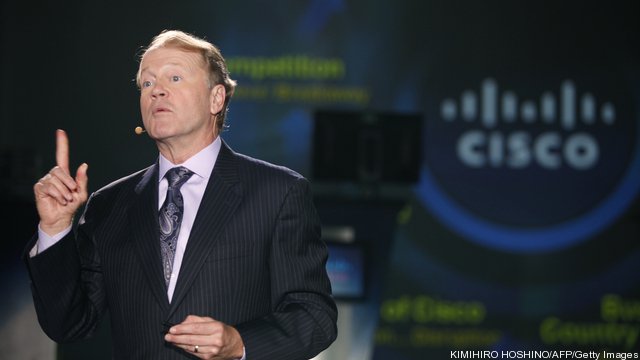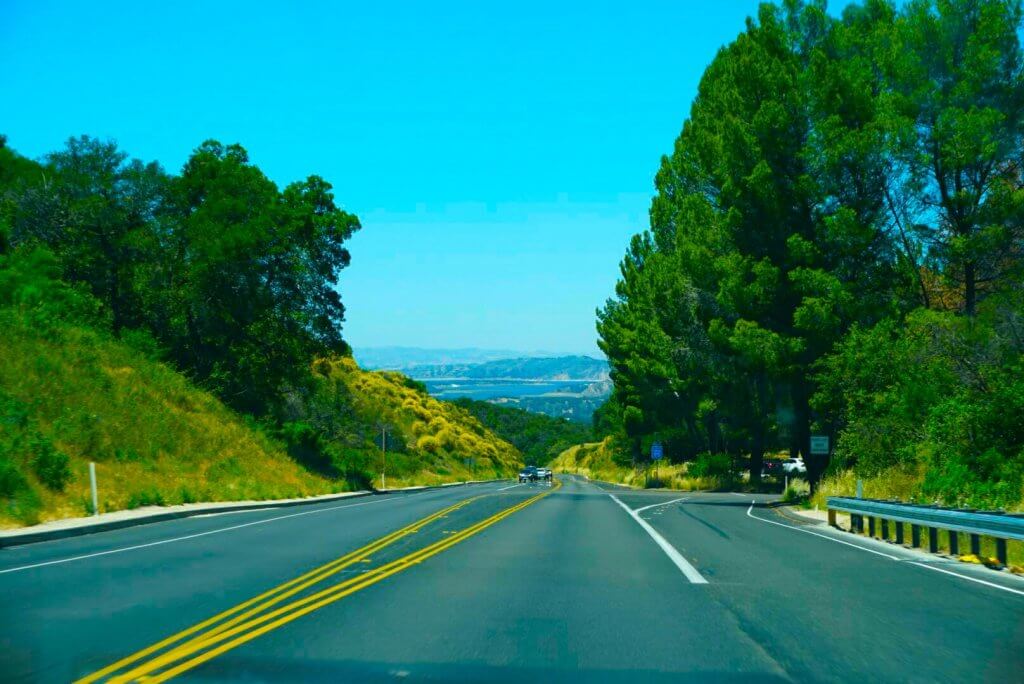Smart Cities

At one point we were talking about smart parking meters, i.e., those that push an “I’m unoccupied” message to nearby drivers via a certain phone app, and he asked me to guess the percentage of gas used in urban areas by frustrated drivers looking for empty spaces. Turns out it’s 22%.
Given Jesse’s prowess in this arena, I wonder what he would think of this, Norway’s experiment with street lamps with radar systems that enable them to activate only in the presence of oncoming vehicles.
My personal viewpoint is that this is an expensive waste of time, as it applies to such a small fraction of a nation’s roads. High trafficked roads have street lamps that would be on constantly (and need to be), where low trafficked roads don’t need street lamps at all.
Here’s the road that connects my little cow town to the nearest city (Santa Barbara). 
Sounds like technological overkill, but I could be wrong. Has happened.

I think the smart parking lot would be a great idea, but the highway lights would definitely be a huge waste of money. The smart parking lot would save a lot of money and would make a lot of people less frustrated.